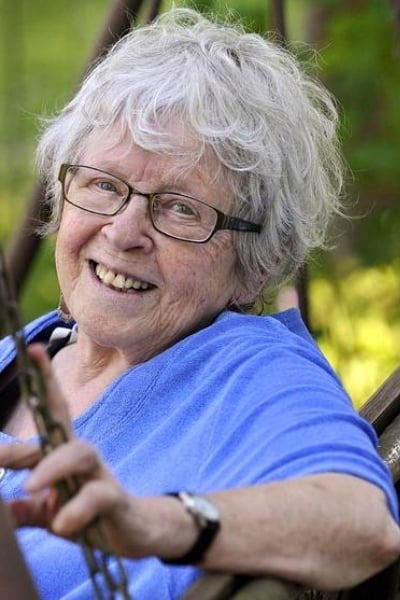
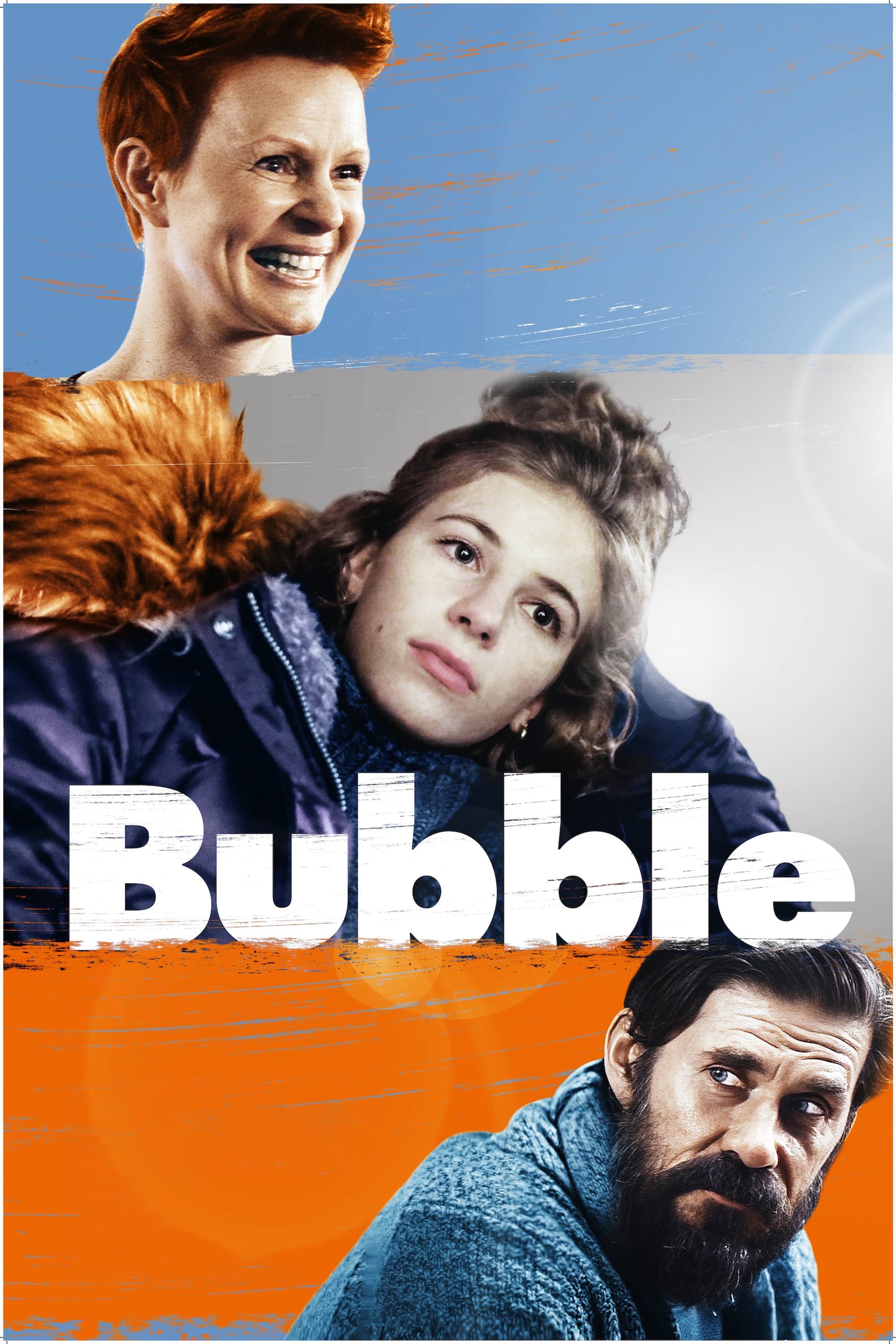
16-year-old Eveliina accidentally sees her mother kissing another woman. Fearing her parents' divorce, she decides to intervene, by any means and without permission. In her opinion, the best way to destroy her mother's extramarital affair and bring her parents back together is a teenage daughter in trouble. Thus, Eveliina gets herself in trouble as many ways as she can. Along the way, the lives of a few others are at stake. Still, Eveliina guards her plan to the last, and the adults have their own secret ways of survival - until the bubble bursts.
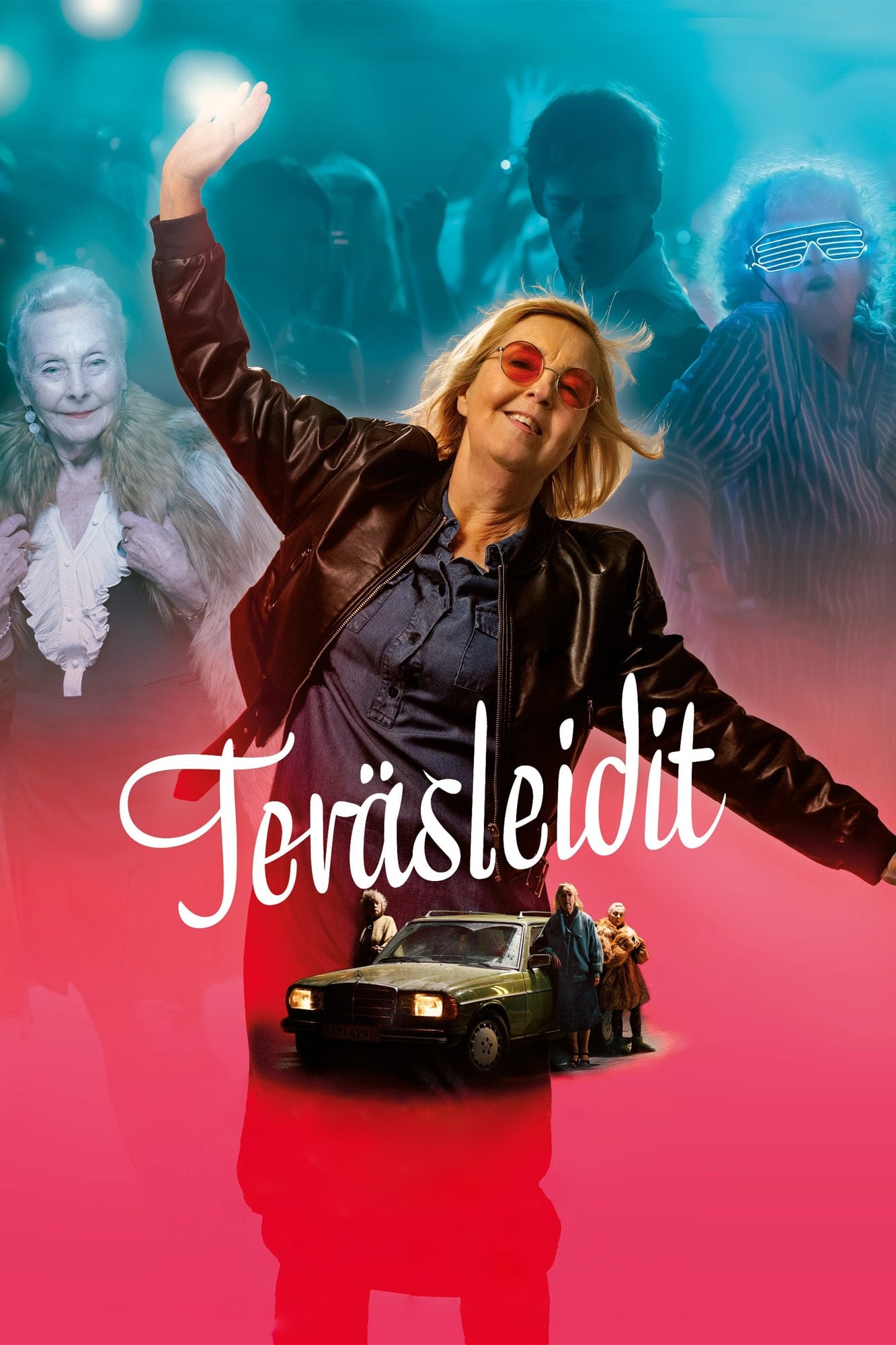
Inkeri, 75, has hit her husband on the head with a solid iron frying pan and is planning to bury him in their garden. Before facing the rest of her life in prison, there may yet be a moment left to really live. Inkeri makes her sisters Sylvi and Raili join her on a trip to the Koli National Park. Will Inkeri find in her that free young woman who desired a feminist revolution in the 70s?
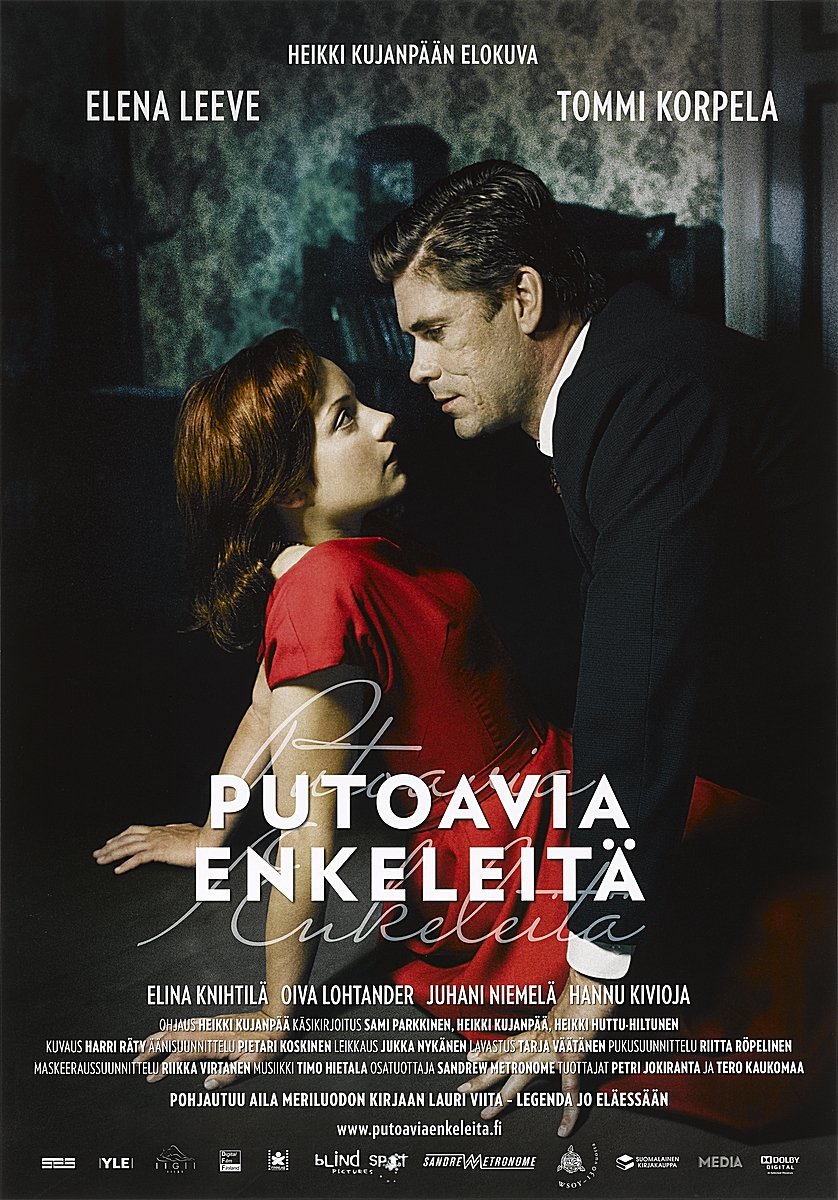
The daughter of two famous writers, Helena upholds her late father's reputation, reciting his poems on various occasions and cherishing the memory of the legend. Relations with her mother have deteriorated since she moved to Sweden. Helena blames her mother for abandoning her father. Helena and her mother meet again as Helena's mental health deteriorates and in order to cope, she must face reality through her mother's memoirs. Helena becomes intensely involved in the story and relives it by imagining herself in her mother's place.
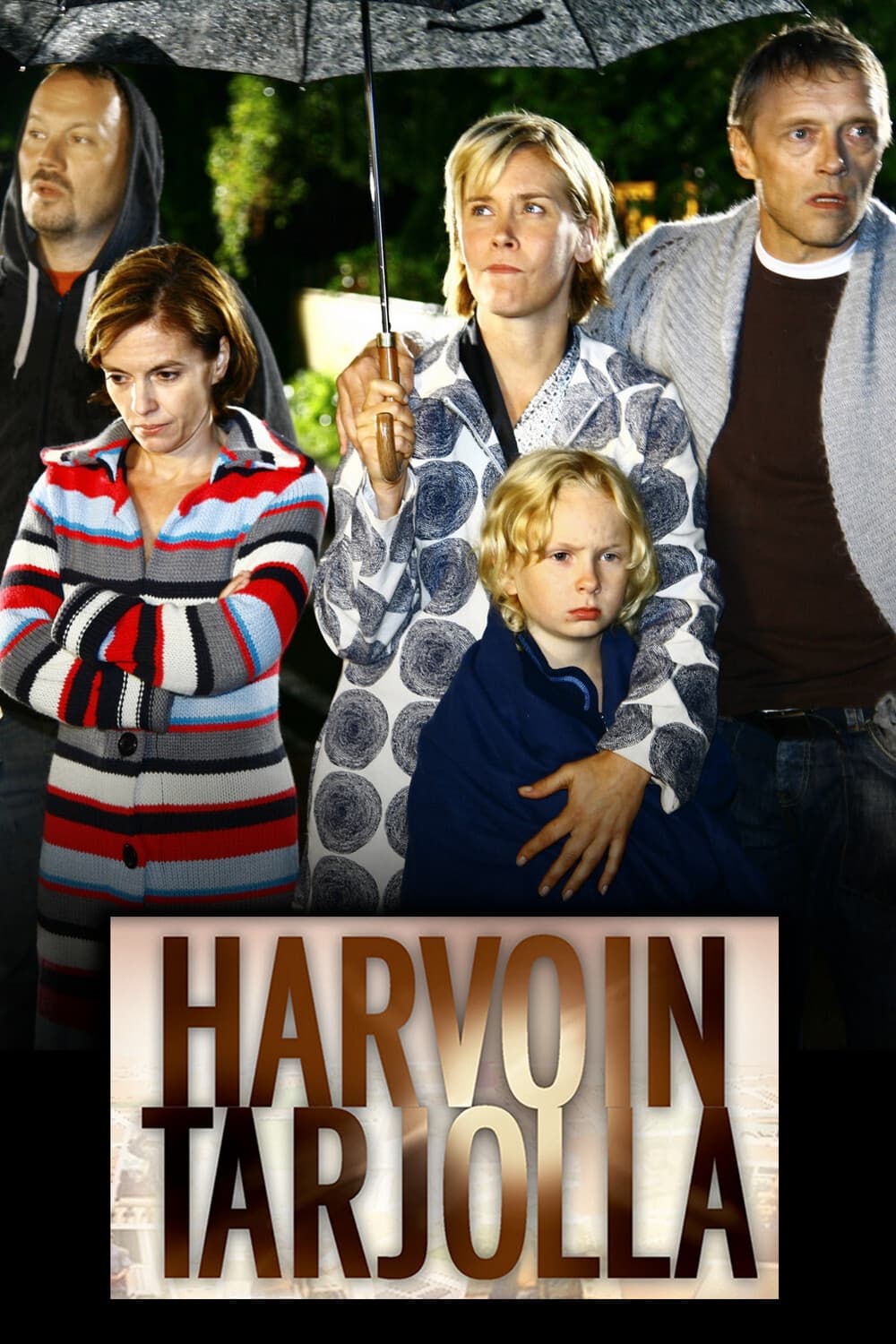
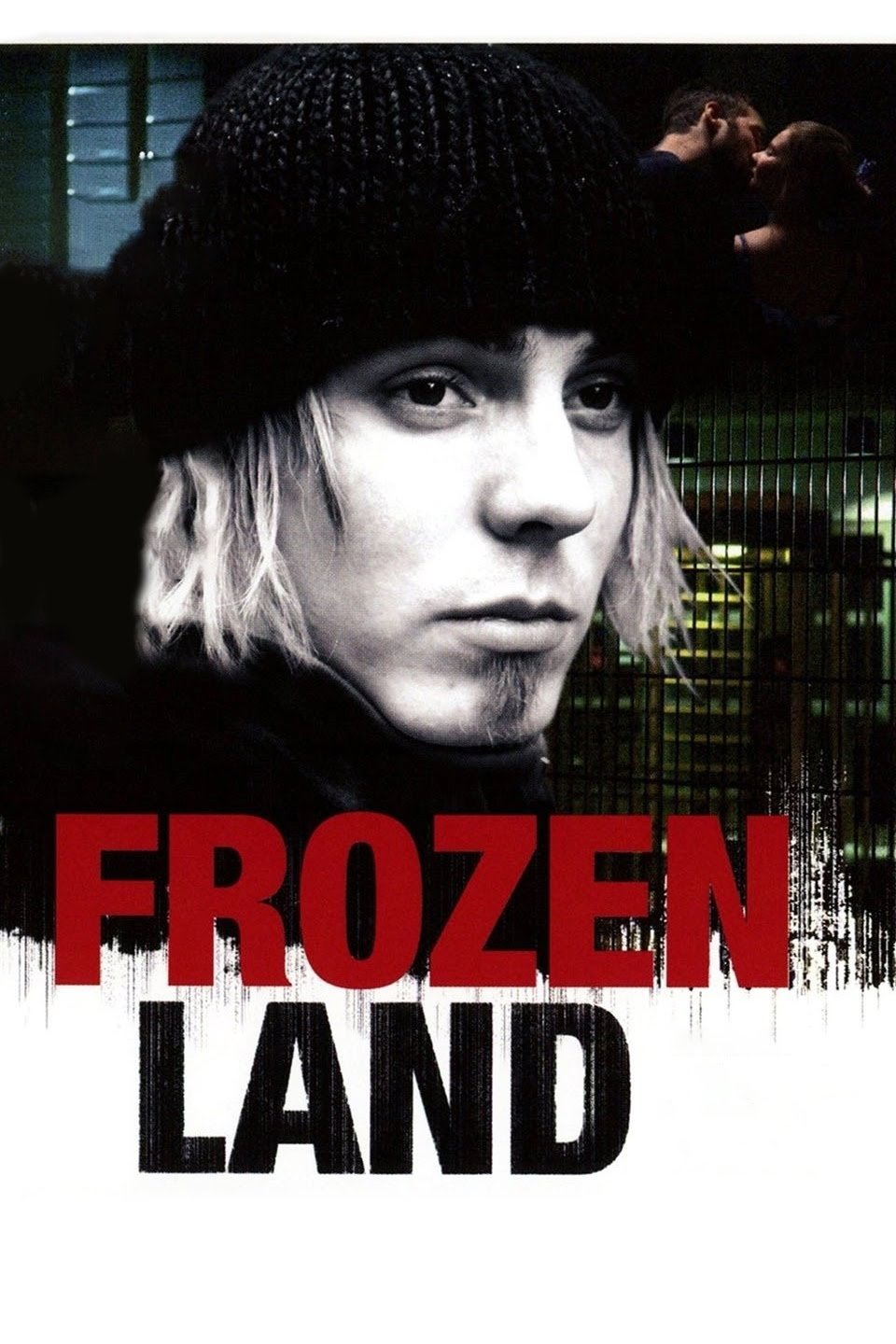
When a schoolteacher is sacked, he projects his bad mood at his troubled teenage son. The son, in turn, buys a CD player from a pawnshop with counterfeit money. This starts a chain reaction of misery as every victim projects his problems on to another person.
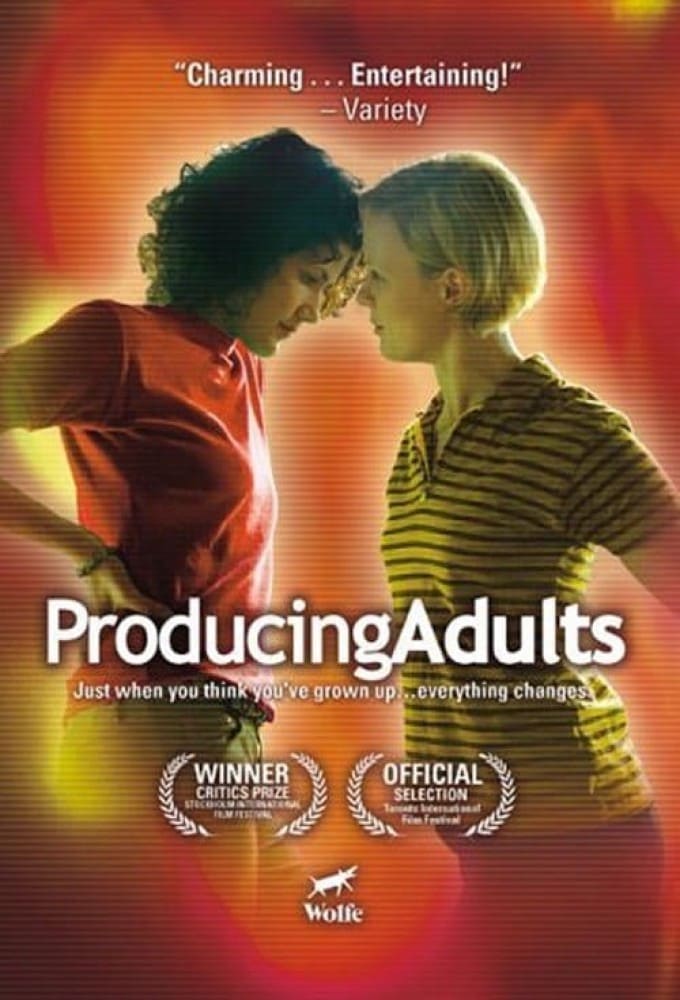
Longtime couple Venla and Antero come to a serious impasse. After years with Antero, Venla wants to start a family, but her boyfriend, worried that parenthood will stifle his speed-skating career, secretly gets a vasectomy. Determined to have a child, Venla seeks help from a female fertility doctor, a decision that breeds new possibilities for the prospective mother when she falls in love with the doctor.
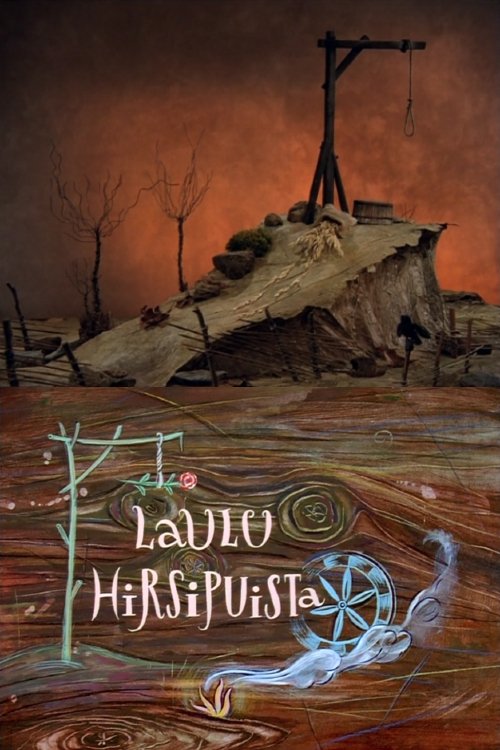
The Song of the Gallows is based on a medieval, seventeenth-century story about a magic violin that saves the life of a Roma man from the gallows. The Polish princess Katarina Jagellonica arrives in Finland in order to get married to Duke Juhana; after listening to the Romani musician playing his instrument she agrees to his request that all the gallows should be torn down in the country to save the Roma from execution.
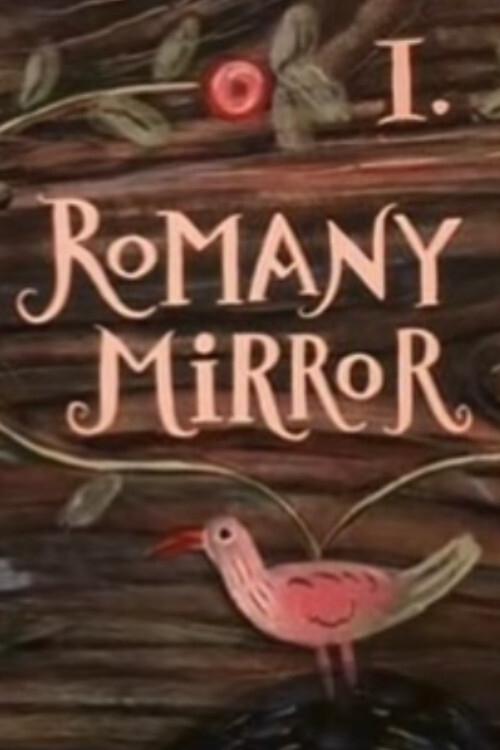
Mire bala kale hin, (which means the girl with the long black hair in Romanes) was the first TV programme ever produced as a childrens program about the Roma minority in Czech Republic. It is a co-production between Finnish/ Czech/Netherlands television. The story is about a Roma girl, who is told Roma stories, legends, dreams, fairy-tales and true stories. Beside the Czech and Finnish also an english version had been produced.
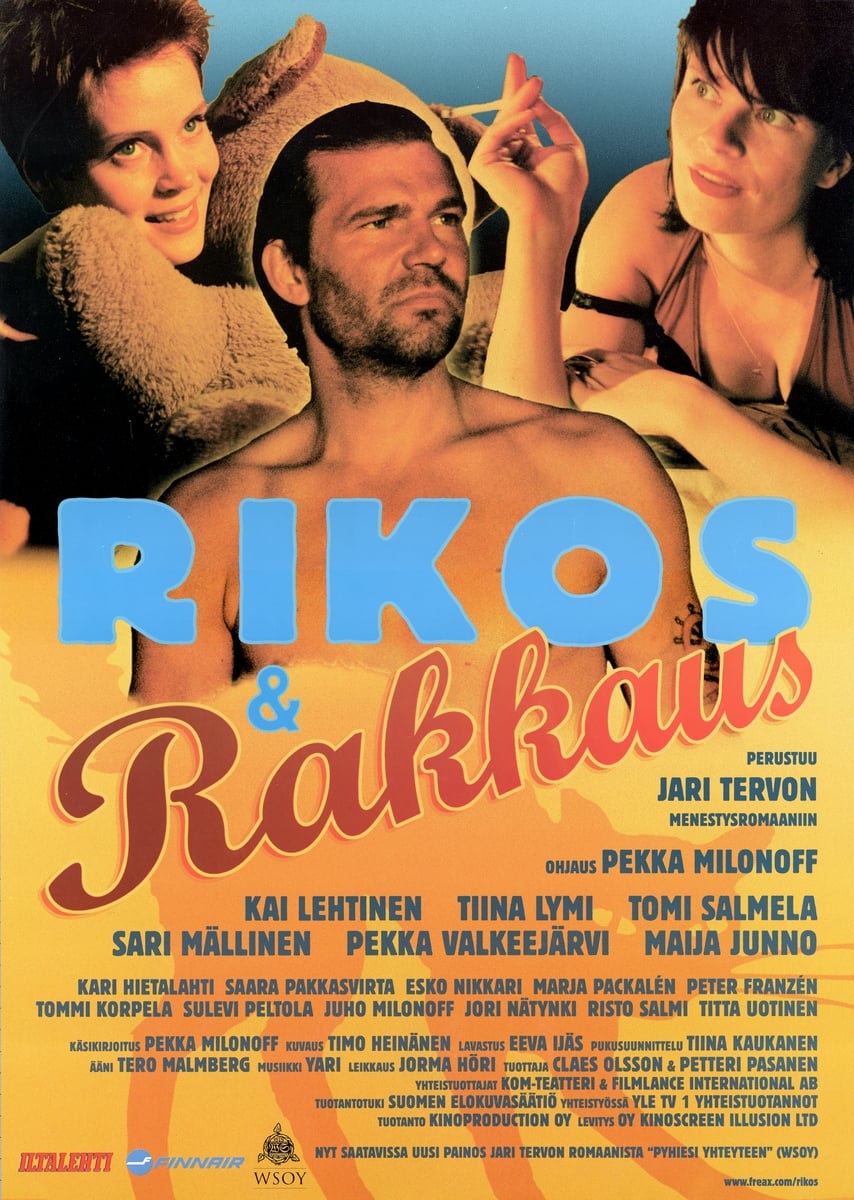
In a comedy set in Rovaniemi, the parish’s housekeeper Kristiina Pahka falls in love with Marsipaani Räikkonen, even though he knows that the man is a petty criminal. Under the leadership of hard-hitting Inspector Rautapää, the city’s police force will have to investigate many kinds of crimes, of which Marsipaani’s close friends know one or another.
An old man gets lost looking for a post office. Every time he turns around a street corner, he ends up in the same small café. The café owner builds an ice sculpture of the woman he admires.
Saara Pakkasvirta is a Finnish actress.
By browsing this website, you accept our cookies policy.